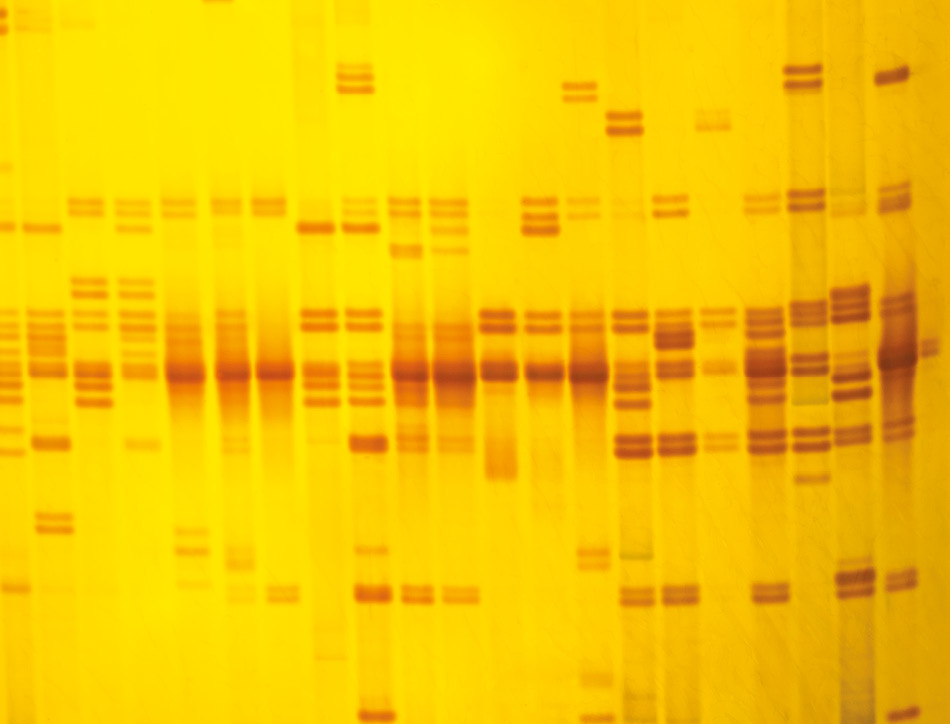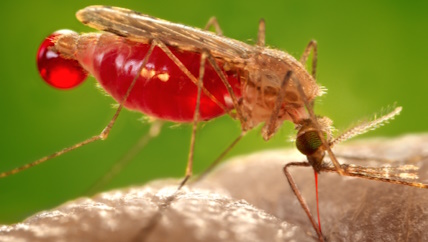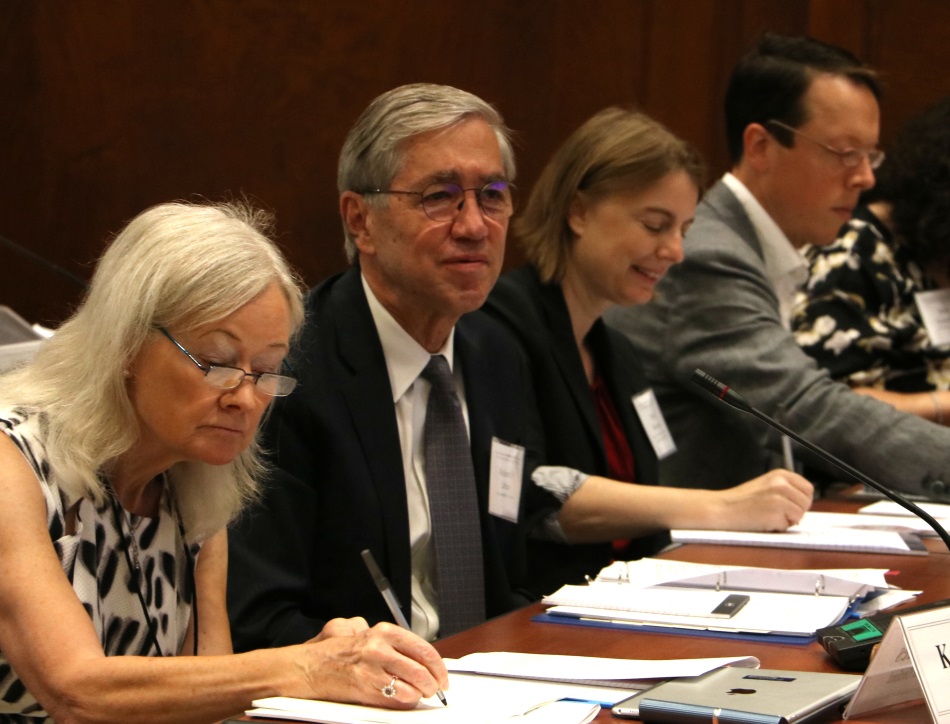Since the first comprehensive human genome was published in 2003, the time and cost of mapping genetic information have plummeted. This has transformed our ability to look at the DNA of individual patients to help diagnose inherited disorders or make predictions about their predisposition to certain conditions. Developments in gene editing also make it possible to correct errors within DNA that cause disease. But both the information obtained from genetic testing and editing to change DNA require careful use.
In 2015, the Royal Society and other national academies held the first of three international summits to discuss human genome editing, along with the ethical and governance issues it presents. Since then, the first treatments using genome editing have been licenced for use in patients, while an illegal use of the technology leading to the birth of the first genetically edited babies was announced in November 2018.
While gene editing has the potential to make radical improvements to human health, it also has the potential to be misused. A public dialogue commissioned by the Royal Society in 2017 concluded that most participants were comfortable with the technology being used to treat disease, but were opposed to editing traits relating to appearance, such as eye colour, or attributes such as strength or intelligence, especially if done in a way that would affect not just the individual but their descendants too (heritable human genome editing).
As part of an international commission of Academies of sciences and medicine from around the world, the Royal Society has helped to draw up principles and standards for the clinical use of genome editing of human embryos. In its report published in 2019, the commission urged that human embryos with edited genomes should not be used to create a pregnancy until the reliability and safety of the procedures have been established.
Gene editing could also be misused to alter the DNA of microbes to create new or more infectious diseases.
As new genetic technologies emerge, there will need to be a balance between ensuring patients can benefit from them while ensuring they are safe to use and appropriately regulated. Heritable genetic editing will require international oversight. The Royal Society aims to inform and support the public discussion on genetic technologies in the UK and internationally.














